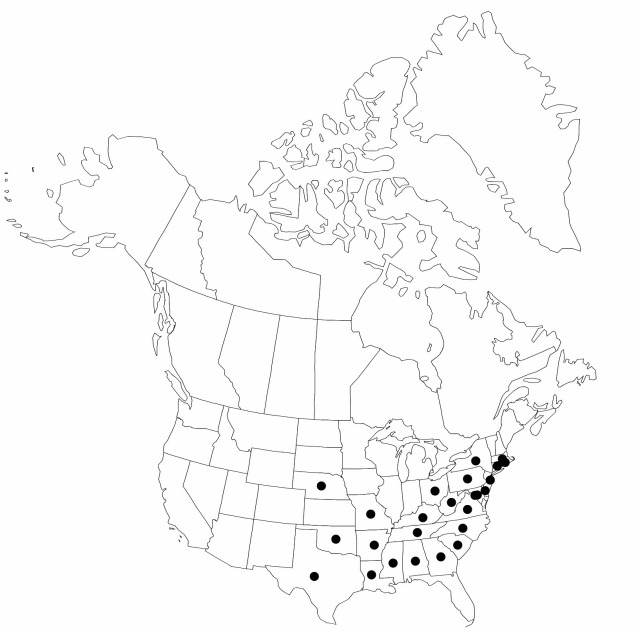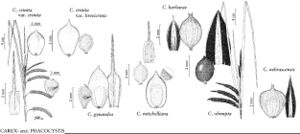Difference between revisions of "Carex crinita var. brevicrinis"
Rhodora 48: 54. 1946.
FNA>Volume Importer |
imported>Volume Importer |
||
| (3 intermediate revisions by 2 users not shown) | |||
| Line 6: | Line 6: | ||
|place=48: 54. 1946 | |place=48: 54. 1946 | ||
|year=1946 | |year=1946 | ||
| + | }} | ||
| + | |special_status={{Treatment/ID/Special_status | ||
| + | |code=F | ||
| + | |label=Illustrated | ||
| + | }}{{Treatment/ID/Special_status | ||
| + | |code=E | ||
| + | |label=Endemic | ||
}} | }} | ||
|basionyms= | |basionyms= | ||
| Line 32: | Line 39: | ||
-->{{#Taxon: | -->{{#Taxon: | ||
name=Carex crinita var. brevicrinis | name=Carex crinita var. brevicrinis | ||
| − | |||
|authority=Fernald | |authority=Fernald | ||
|rank=variety | |rank=variety | ||
| Line 46: | Line 52: | ||
|publication title=Rhodora | |publication title=Rhodora | ||
|publication year=1946 | |publication year=1946 | ||
| − | |special status= | + | |special status=Illustrated;Endemic |
| − | |source xml=https:// | + | |source xml=https://bitbucket.org/aafc-mbb/fna-data-curation/src/2e0870ddd59836b60bcf96646a41e87ea5a5943a/coarse_grained_fna_xml/V23/V23_683.xml |
|genus=Carex | |genus=Carex | ||
|section=Carex sect. Phacocystis | |section=Carex sect. Phacocystis | ||
Latest revision as of 21:42, 5 November 2020
Culms 45–150 cm. Leaf blades 24–50 cm × 4.8–14 mm. Inflorescences: peduncle of proximal spike 0.5–6.8 cm; proximal bract longer than inflorescence, 4.6–12 mm wide; pistillate spikes 3–5; the proximal 3.4–12 cm × 3.3–7 mm. Pistillate scales (including awn) 3.4–9.8 mm. Perigynia divergent to ascending, broadly obovoid, 2–3.9 × 1.8–2.8 mm, apex obtuse to truncate; beak 0.2–0.5 mm. Achenes not constricted. 2n = 66.
Phenology: Fruiting Jun–Aug.
Habitat: Swamps, floodplain forests, wet meadows, marshes, bogs, stream edges, margins of lakes and ponds, roadside ditches
Elevation: 0–1500 m
Distribution

Ala., Ark., Conn., Del., D.C., Ga., Ky., La., Md., Mass., Miss., Mo., Nebr., N.J., N.Y., N.C., Ohio, Okla., Pa., R.I., S.C., Tenn., Tex., Va., W.Va.
Discussion
Recent treatments of the Carex crinita species complex have not discriminated C. crinita var. brevicrinis. Genetic data coupled with morphologic data have demonstrated that C. crinita var. brevicrinis is distinct from C. crinita var. crinita. Although the taxa are predominantly allopatric, in New Jersey they may be sympatric and syntopic. Carex crinita var. brevicrinis is sympatric and syntopic over a significant portion of its distribution with C. mitchelliana; hybridization between the two taxa has been reported.
Selected References
None.
